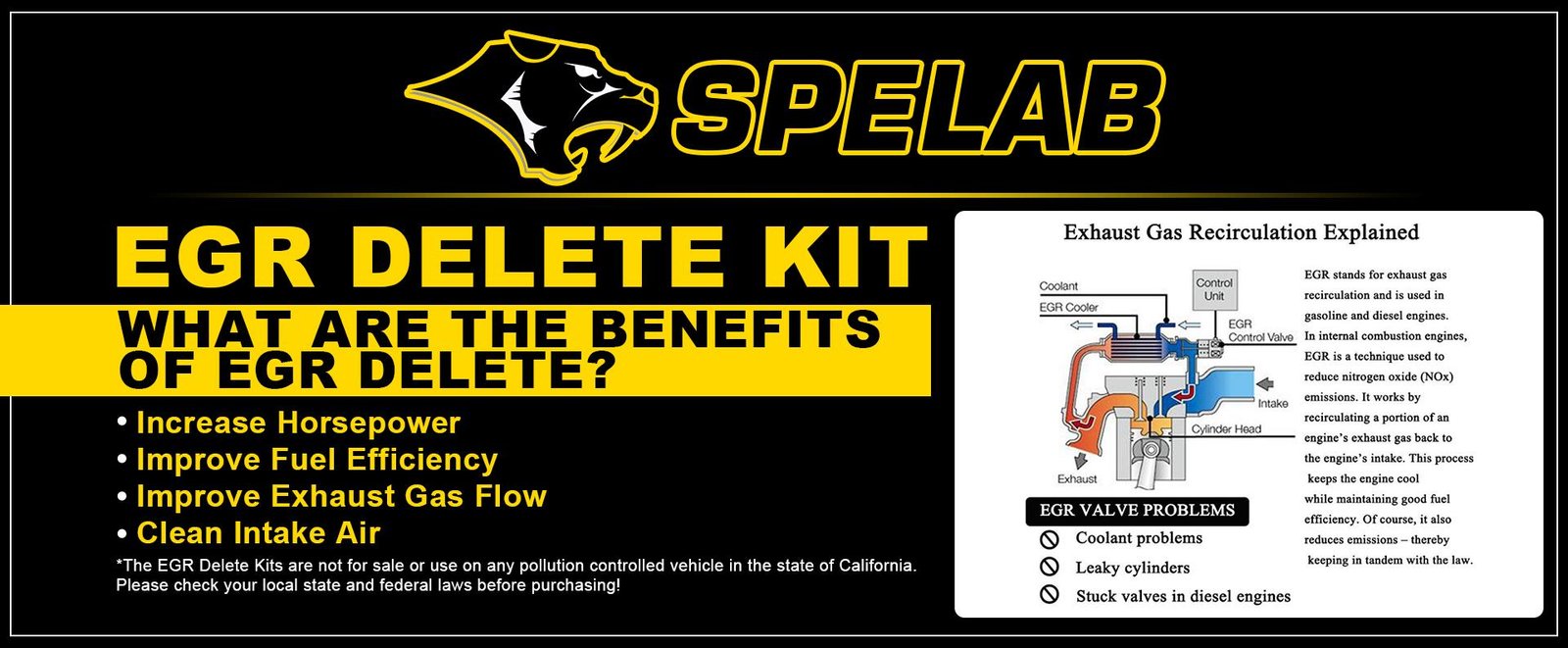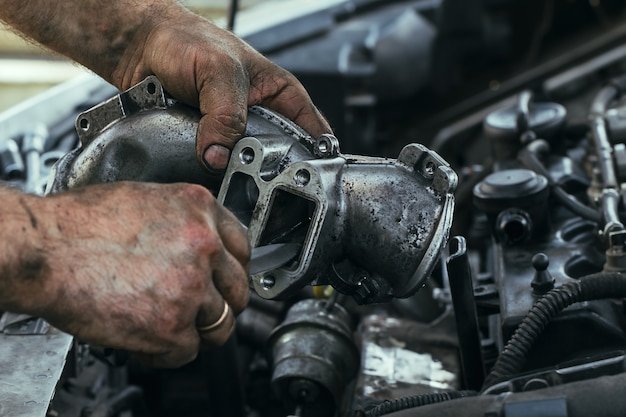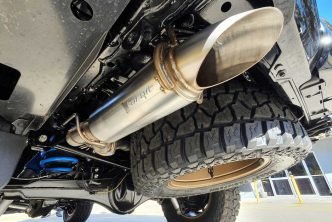The Exhaust Gas Recirculation (EGR) system is crucial in today’s vehicles, designed to bolster fuel efficiency. The EGR system reduces combustion temperatures by redirecting some exhaust gases back into the engine, reducing emissions and creating a more economical drive.
It’s a technology that combines innovation and practicality, setting a new standard for environmentally responsible driving.
Table of Contents
How EGR Systems Affect MPG
EGR systems directly influence a vehicle’s MPG. By recirculating exhaust gases into the engine, they lower combustion temperatures. This leads to a more efficient fuel burn and improves miles per gallon.
Some drivers might visit a dpf delete shop to boost performance. While it can affect MPG, it’s vital to understand the legal implications, as it involves altering emission controls.
Understanding EGR systems’ role in MPG can help with better vehicle maintenance. It allows drivers to make informed choices, optimizing fuel efficiency and environmental impact.

Reasons for Deleting the EGR to Improve MPG
Deleting the EGR system is a choice some make to boost MPG. Without this system, the engine might run at cooler temperatures, which can enhance fuel efficiency.
Deleting the EGR is often driven by the desire to optimize performance. It’s a technical adjustment focusing on making the vehicle run more economically.
EGR Delete Effects on City Fuel Economy
An EGR delete is a modification targeting city fuel economy. Removing the Exhaust Gas Recirculation system can change how a vehicle consumes fuel.
In city driving, stop-and-go traffic is common. An EGR delete can alter the engine’s response to these conditions.
The engine may run cooler without the EGR system. This change often improves fuel efficiency in urban areas.
Not all vehicles respond the same way to an EGR delete. Some might see significant improvement, while others notice little change.
City driving presents unique challenges to fuel economy. The EGR delete is one method to address these challenges.
EGR Delete Effects on Highway Fuel Economy
The EGR system recirculates exhaust gases to lower cylinder temperatures. This reduces NOx emissions. But an EGR delete kit means no exhaust gas recirculation. So cylinder temperatures increase. And that improves combustion efficiency. Result? Better highway fuel mileage.
Higher combustion efficiency equals better MPG. More complete fuel burn gives more usable energy. So an EGR deleted engine needs less highway fuel for the same speed and load.
Exhaust gas lowers the flame speed in the cylinder. An EGR delete kit removes this. So the flame front moves faster. This further boosts combustion efficiency. And highway fuel economy improves.
NOx forms at very high temps. EGR lowers cylinder temps to curb NOx. With no EGR, temps rise. But highway cruise is lower load. So even without EGR, temps stay in efficient range.
EGR systems add pumping losses. Opening the EGR valve takes energy. That hurts highway MPG. Removing EGR deletes this loss. Streamlining airflow for efficiency.
Less EGR flow means less exhaust residue. Cleaner combustion equals better economy. EGR delete kits promote this clean burn at highway speed.
Bottom line? EGR delete optimizes combustion at cruise. For lower highway fuel consumption. With engine temps ideal for efficiency.
Effect of EGR Delete on Idle Fuel Usage
At idle, low temps cause incomplete combustion. Unburnt fuel goes out the tailpipe. Wasting gas. A EGR delete kit prevents exhaust gas cooling at idle.
Removing the EGR system results in higher idle temperatures, which leads to better fuel burn. This results in more complete combustion, reducing wasted fuel and improving idle economy.
EGR valves block some airflow at idle. The EGR delete opens up the intake. Allowing smoother idle airflow. For better fuel mixing and ignition.
Idle with EGR deletes improves mpg. But may increase emissions. Tradeoff between economy and emissions. Tough balance for EGR deleted engines at idle.
Long-Term Fuel Economy Impacts of EGR Delete
At first, deleting the EGR can improve MPG. However, in the long run, it could potentially harm fuel efficiency. Here’s why.
When EGR is not present, the temperature of combustion increases, putting more heat on the engine’s inner workings. This can lead to an acceleration in wear and tear over time.
Greater wear diminishes engine efficiency. Lowering combustion efficiency. Degrading fuel economy in the long run.
Also, higher heat and particulate levels stress oil. Causing sludge buildup. Another pathway to reduced mpg down the road.
While EGR delete may provide immediate fuel economy benefits, it can ultimately lead to engine damage and contamination that will negate any savings in the long run.
New EGR Technologies to Improve MPG
High-pressure EGR loops are emerging. They feed exhaust gas into the intake manifold, not cylinders. This cools the charge without sacrificing combustion efficiency.
On-demand EGR uses advanced sensors. These detect when EGR is needed for efficiency. And turn it on only then. Minimizing unnecessary EGR pumping losses.
Smart EGR valves with feedback control are coming. They tailor EGR flow rates on-the-fly. Optimizing MPG in real-time across operating conditions.
Conclusion
EGR deletes offer MPG benefits. But also potential drawbacks. It’s a tradeoff.
Upfront, deleting EGR improves combustion efficiency. But long term, engine wear can lower MPG.
New EGR tech aims for the best of both worlds—efficiency gains without deletes. Time will tell if automakers can perfect it, and whether customers will def delete kit once they experience the improvements firsthand.
For now, EGR deletes remain popular. But their impacts are nuanced. Depending on factors like engine design and driving style.
In the end, choose what fits your priorities. More power? Better economy? Or factory-stock compliance? Your call.





